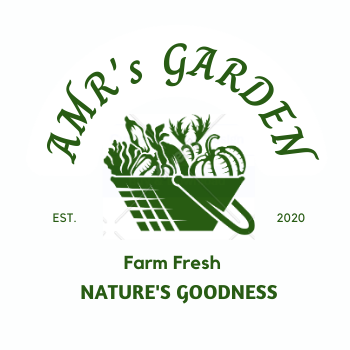As parents, we want the best for our children, including their health. One way to support their well-being is through their diet.
One of the most important things we can do is to provide them with healthy, nutritious food.
Organic eating has become increasingly popular over the years, but what exactly is organic eating and how does it benefit our children?
In this article, we’ll explore the many benefits of organic eating and how it can help your children grow up healthy and strong.

What is Organic Eating?
Organic eating is a dietary approach that emphasizes the consumption of foods that are grown or raised without the use of synthetic fertilizers, pesticides, genetically modified organisms (GMOs), or irradiation.
Organic farming also prioritizes soil health, biodiversity, and animal welfare.
The Benefits of Organic Eating for Children:
1. Organic food is free from harmful chemicals
One of the biggest benefits of organic food is that it is grown without the use of harmful pesticides, herbicides, and fertilizers.
These chemicals can be harmful to both the environment and human health.
Children are particularly vulnerable to the effects of these chemicals, as their bodies are still developing.
By choosing organic food, you can help reduce your child’s exposure to these harmful substances.

2. Organic food is more nutritious
Studies have shown that organic food is often more nutritious than conventionally grown food.
Organic fruits and vegetables contain higher levels of vitamins, minerals, and antioxidants than their conventionally grown counterparts.
By providing your child with organic food, you can help ensure that they are getting all the nutrients they need to grow and develop.
3. Organic food tastes better
Many people believe that organic food tastes better than conventionally grown food.
Organic farmers focus on building healthy soil, which can lead to more flavorful fruits and vegetables.
By introducing your child to a variety of organic foods, you can help them develop a taste for healthy, nutritious food.
4. Organic food supports local farmers
Buying organic food supports local farmers who use sustainable farming practices.
By choosing organic food, you can help promote a more sustainable food system and reduce the environmental impact of food production.
You can also help support local economies by buying locally grown organic food.
5. Organic food promotes a healthy lifestyle
Choosing organic food is just one part of a healthy lifestyle. By introducing your child to organic food, you can help them develop a lifelong habit of eating healthy, nutritious food. This can help reduce their risk of obesity, diabetes, and other health problems later in life.
How to Incorporate Organic Eating into Your Family's Diet:
1. Shop at Your Local Farmer's Market
Local farmers’ markets often offer a variety of organic produce and support your local community.

2. Start Small
Incorporate one organic item into your family’s meals each week, such as organic apples or carrots.
3. Grow Your Own Food
Starting a small garden in your backyard or even a few pots on your balcony is a great way to grow your own organic produce.
4. Learn to Cook
Cooking at home allows you to control the ingredients in your meals, making it easier to incorporate organic foods.
5. Make it Fun
Get your children involved in the cooking and grocery shopping process, teaching them the benefits of organic eating and making it a fun family activity.
There are many benefits to organic eating, particularly for children.
By choosing organic food, you can help reduce your child’s exposure to harmful chemicals, provide them with more nutritious food, support local farmers, and promote a healthy lifestyle.
By introducing your child to a variety of organic foods, you can help them develop a taste for healthy, nutritious food that will benefit them throughout their lives.




